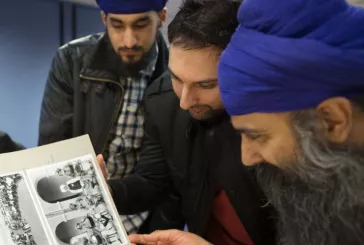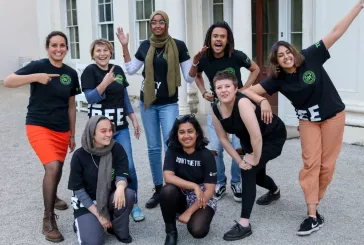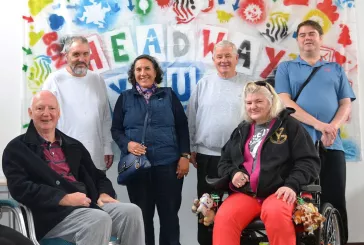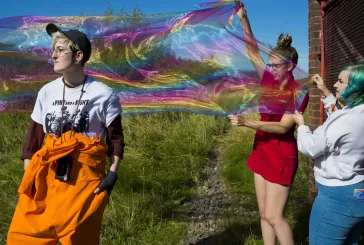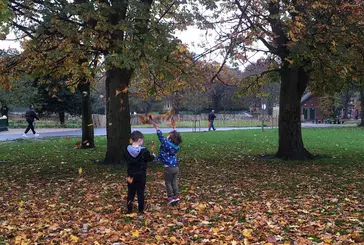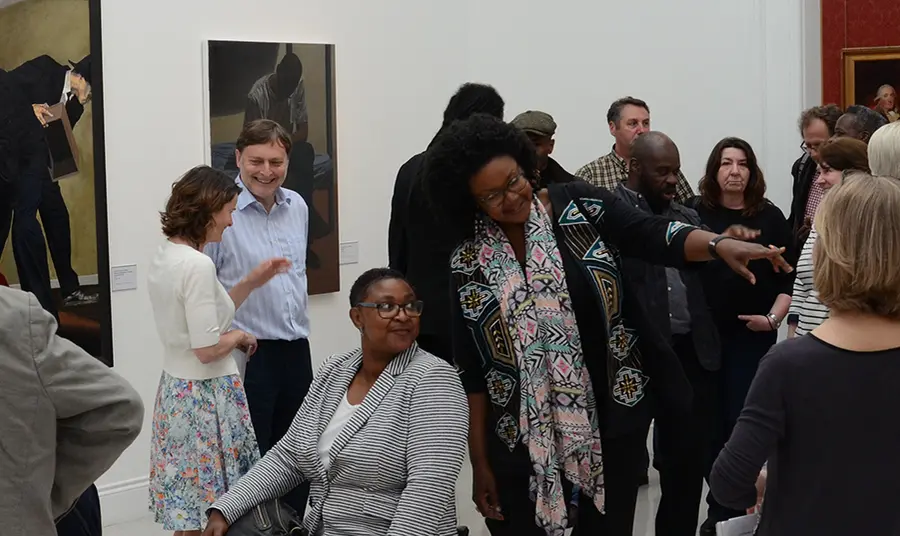Inclusive heritage

Using money raised by National Lottery players, we provide grants for heritage projects from £10,000– £10million to ensure that heritage is valued, cared for and sustained for everyone, now and in the future.
What is inclusion?
We believe everyone should be able to benefit from our funding, regardless of age, disability, ethnicity, gender, sexuality, faith, class or income. Explore the stories below to see how organisations have thought creatively about making their projects inclusive.
"Heritage activities bring people and communities together in so many brilliant ways. We are constantly inspired by the many creative ways previously hidden histories are shared, helping us all learn more about each other and our differing personal lives, experiences and memories."
Liz Ellis, Heritage Fund Policy Project Manager for inclusion
The terms we use:
Some of the terms we use include:
- diverse ethnic communities, or ethnically diverse communities. In Scotland we use MECC (minority ethnic and cultural community). We have revised our usage of the term BAME (Black, Asian and Minority Ethnic).
- LGBTQ+ (lesbian, gay, bisexual, transgender, queer and other identities)
We use these terms because we believe they are widely understood. Identities can be complex and intersectional, and we are also aware that for many these terms may feel inadequate or limiting. We keep the language we use constantly under review.
What we expect from projects
Inclusion, access and participation is one of four Heritage 2033 investment principles that guide our grant decision making. Every project we fund must take into account how they will support greater inclusion, diversity, access and participation in heritage.
We want to see every project taking steps to reach out to new people, to share heritage beyond their organisation, and to embed inclusive practice as far as they can.
In planning your project, ensure that everyone you work with feels a sense of welcome and belonging. Take a look at our inclusion good practice guidance for advice and ideas.
What you can expect from us
We want to make sure our funding is open and accessible to all. We have set out a plan to meet people’s access needs, from translation services to digital application support.
We support all sorts of projects which explore and celebrate the heritage of diverse ethnic communities.
We also want to help the sector itself to better reflect the UK population.
Since 1994, we are proud to have invested over £60million across the UK in projects working with children and young people. This includes the £10m Kick the Dust programme.
Disabled people are under-served in every area of the heritage sector, including people who are learning disabled, people with physical or sensory disabilities or those living with dementia or using mental health services.
We are working in partnership with disabled people to change this unfair situation.
Since 1994 we've invested over £12million across the UK in sharing stories of LGBTQ+ (lesbian, gay, bisexual, transgender, queer and other identities) heritage, creativity, activism and much more.
Heritage can build connectedness to where you live, to people around you or to a community online. It can support individual confidence and self-esteem, and provide opportunities to be mentally and physically active.
Heritage can also help us find meaning and purpose in our lives. Both are significant aspects in how we experience wellbeing.
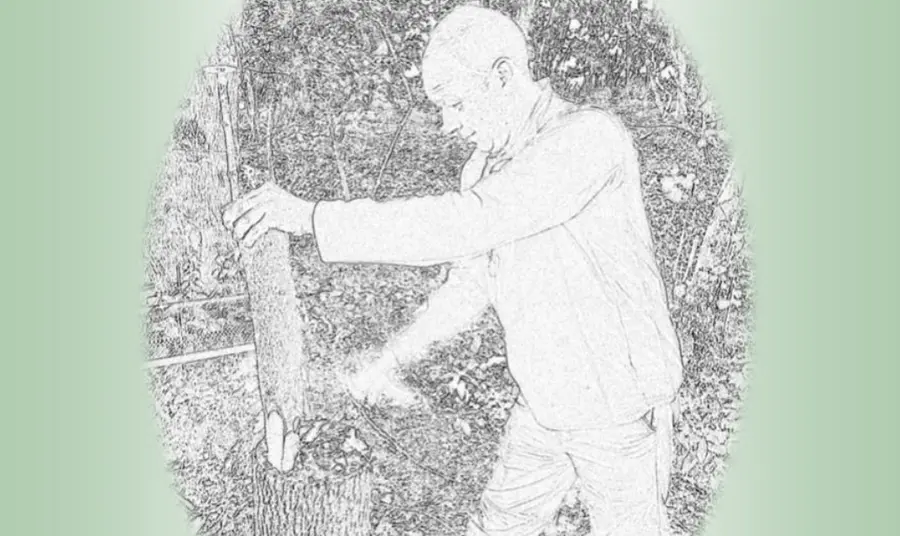
Projects
Green Fingers: improving wellbeing through woodland skills training
The Green Light Trust improved individuals’ wellbeing using a programme of traditional woodland skills.
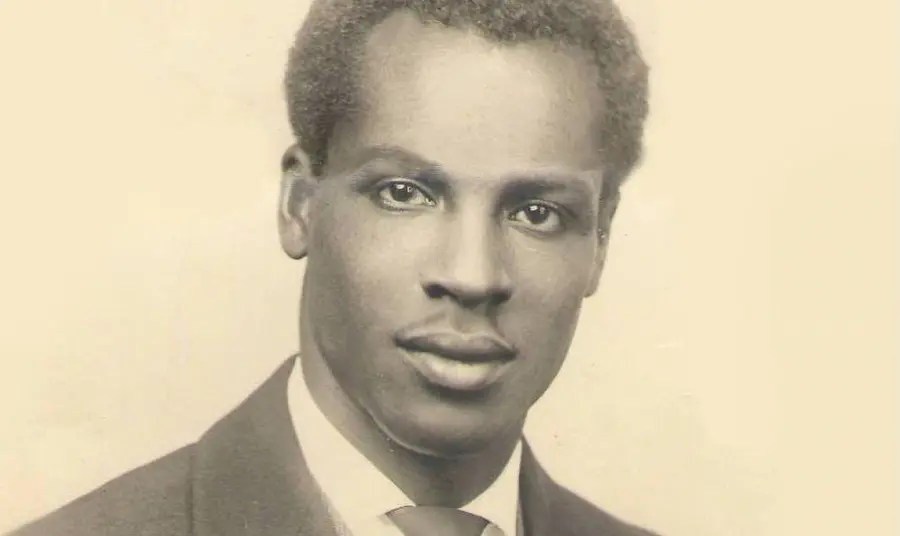
Projects
Windrush at 70: recording and sharing migration stories
Through its Windrush 70 and Beyond project, Kingsway Project celebrated the 70th anniversary of the ‘Empire Windrush’ by recording and sharing Caribbean migration stories.

Projects
Winlaton's Industrial Past
Trained volunteers supported people with learning disabilities to explore the industrial and social history of Winlaton in Gateshead.

Projects
Exploring the history of Birmingham’s Bangladeshi-owned ‘Indian’ restaurants
The history of the pioneers of Birmingham’s Bangladeshi-owned ‘Indian’ restaurants was uncovered and shared through an immersive exhibition, events, website and book.
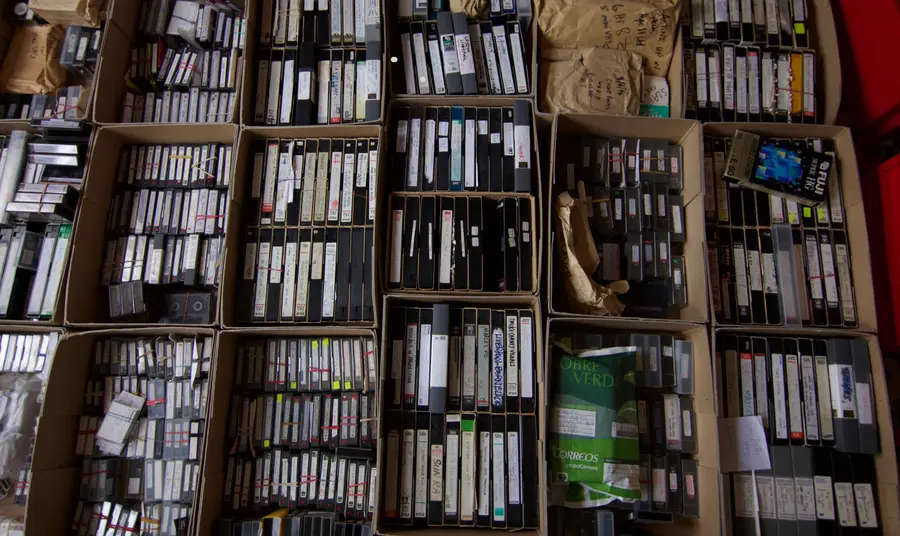
Projects
The Sandi Hughes archive - Liverpool's LGBTQ+ diverse community heritage on film
This project made the work of black, feminist, gay filmmaker Sandi Hughes available online and in the Liverpool Record Office.

Projects
Exploring the hidden history of brain injury care in Cambridgeshire
People with brain injuries explored the experiences of similar people in the past in this innovative heritage project.

Projects
Manchester Link to West African textiles through ABC wax prints
The project will identify and record, interpret and explain the history of West African textiles designed and produced by ABC Wax in Manchester from 1900’s until the present day.

Projects
Discovering Black heritage in Toxteth, Liverpool
The L8 Untold Project will engage volunteers in uncovering and recording hidden histories of Britain’s oldest Black community.
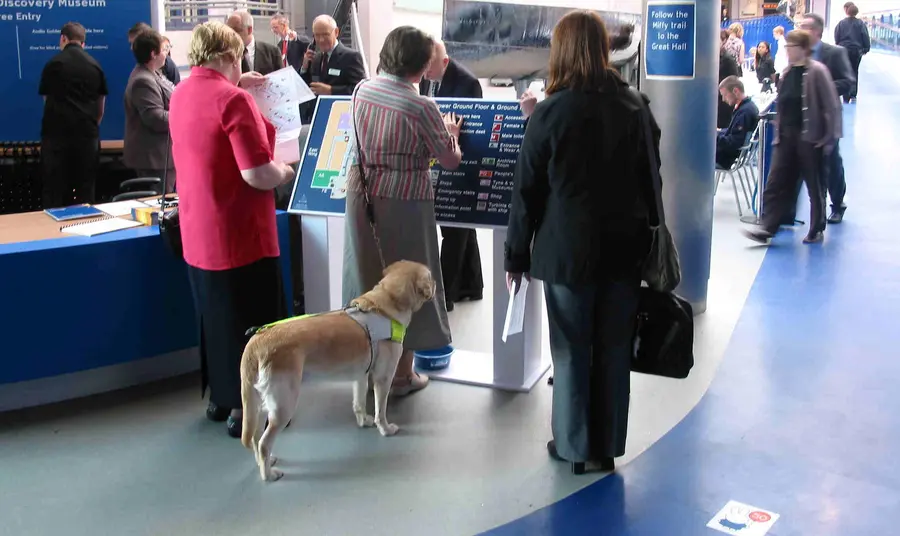
Projects
Look, touch, listen and smell at the Tyne & Wear Archives and Museums
Tyne & Wear Archives and Museums enhanced sensory access across five sites, transforming the visitor experience for people with visual and hearing impairments.

Projects
Leicester LGBT Heritage Project
This three-year project recorded the oral histories of Leicester, Leicestershire and Rutland's LGBTQ+ communities, from before partial decriminalisation in 1967 to the present day.

Projects
Our Past, Our Future: working together for the New Forest
This £4.4million landscape partnership scheme has worked to restore lost habitats, develop skills and inspire young people to champion and look after the New Forest.
